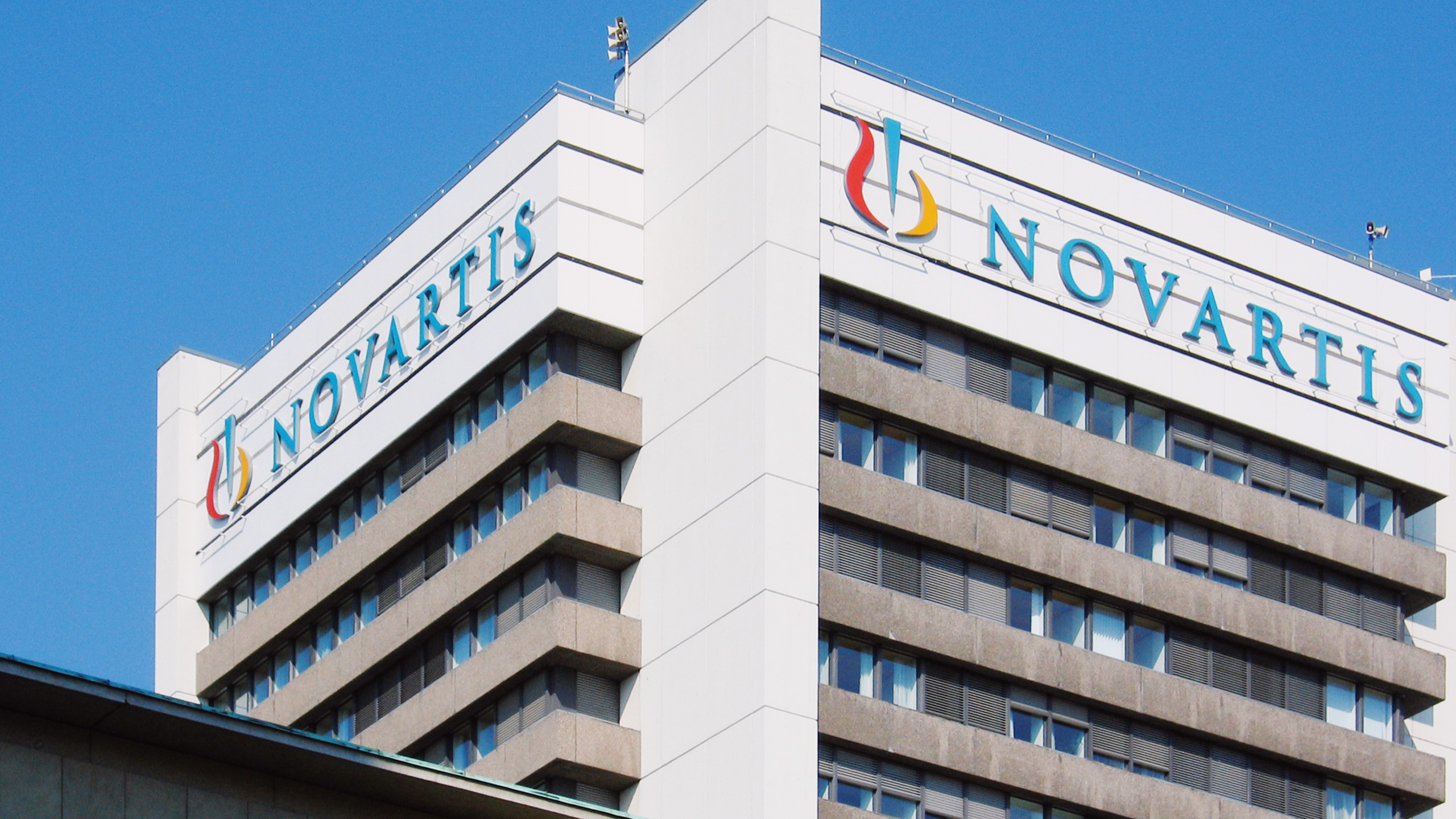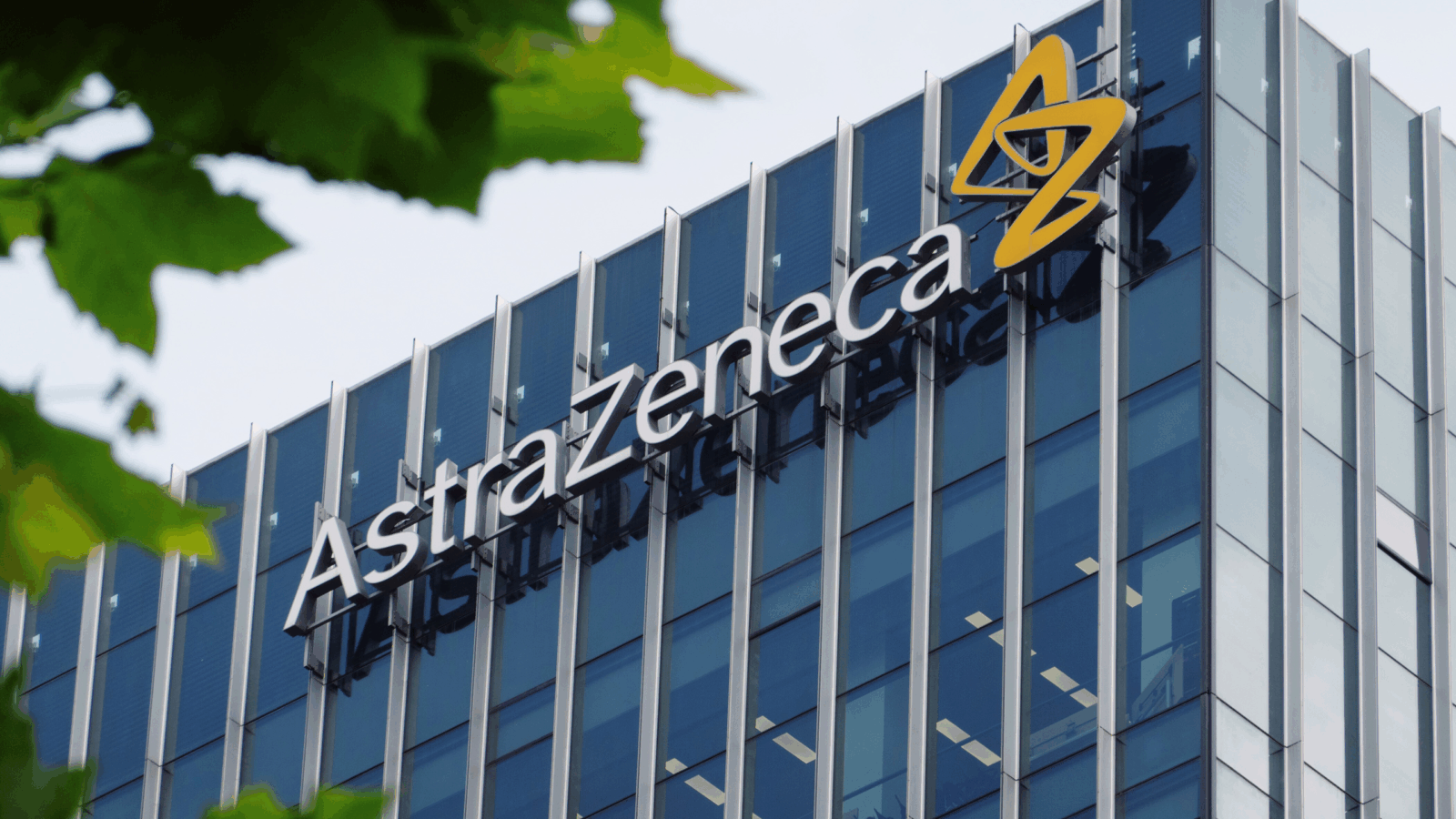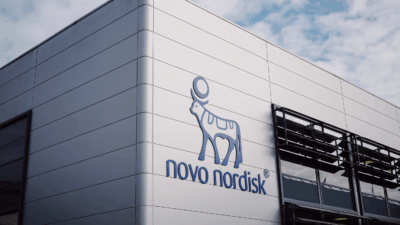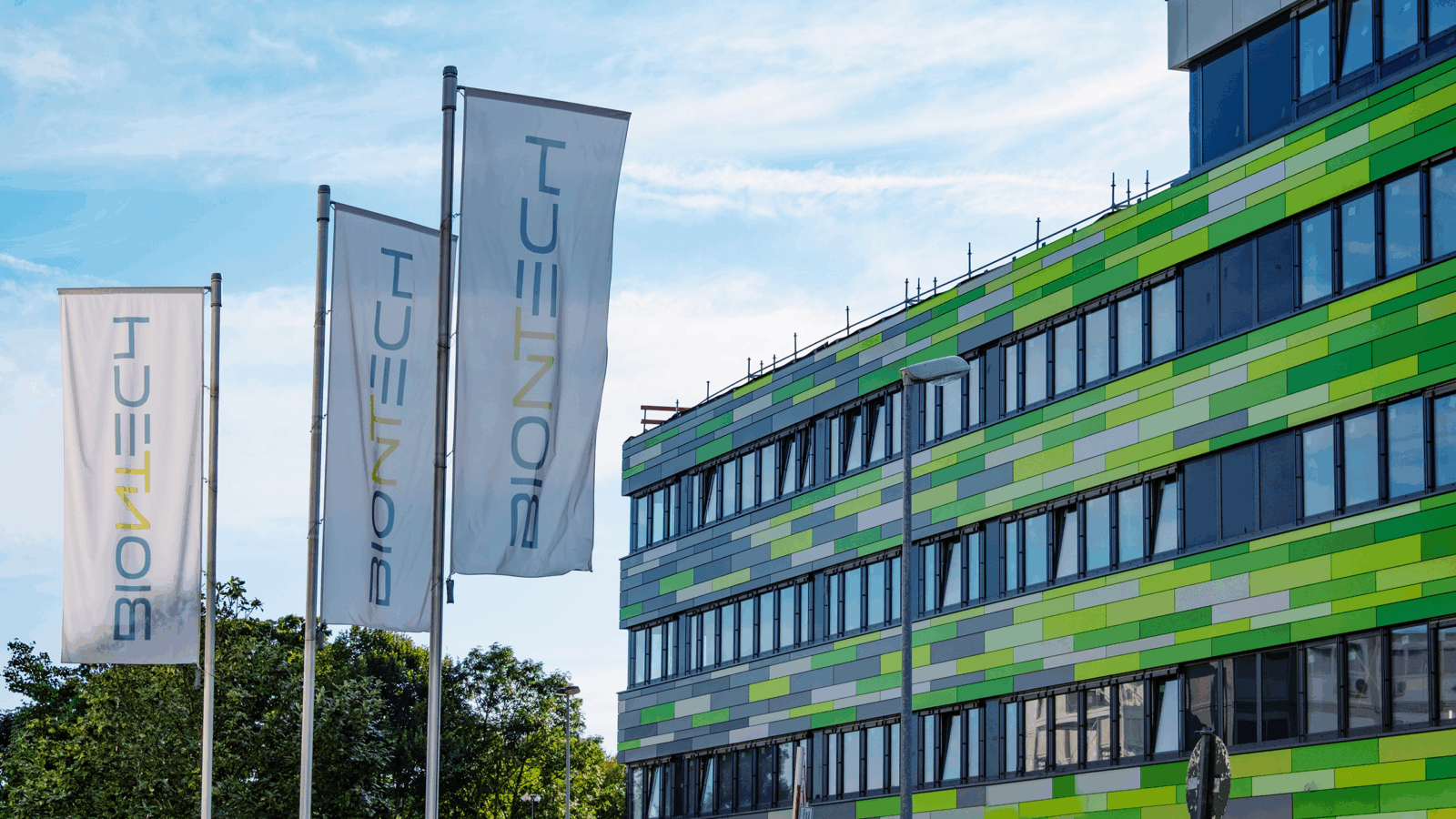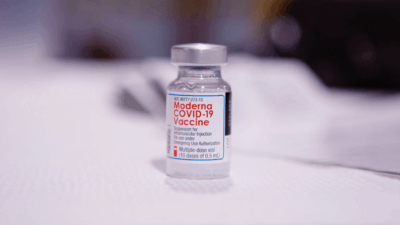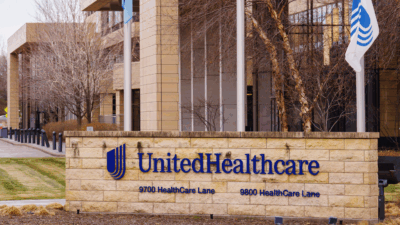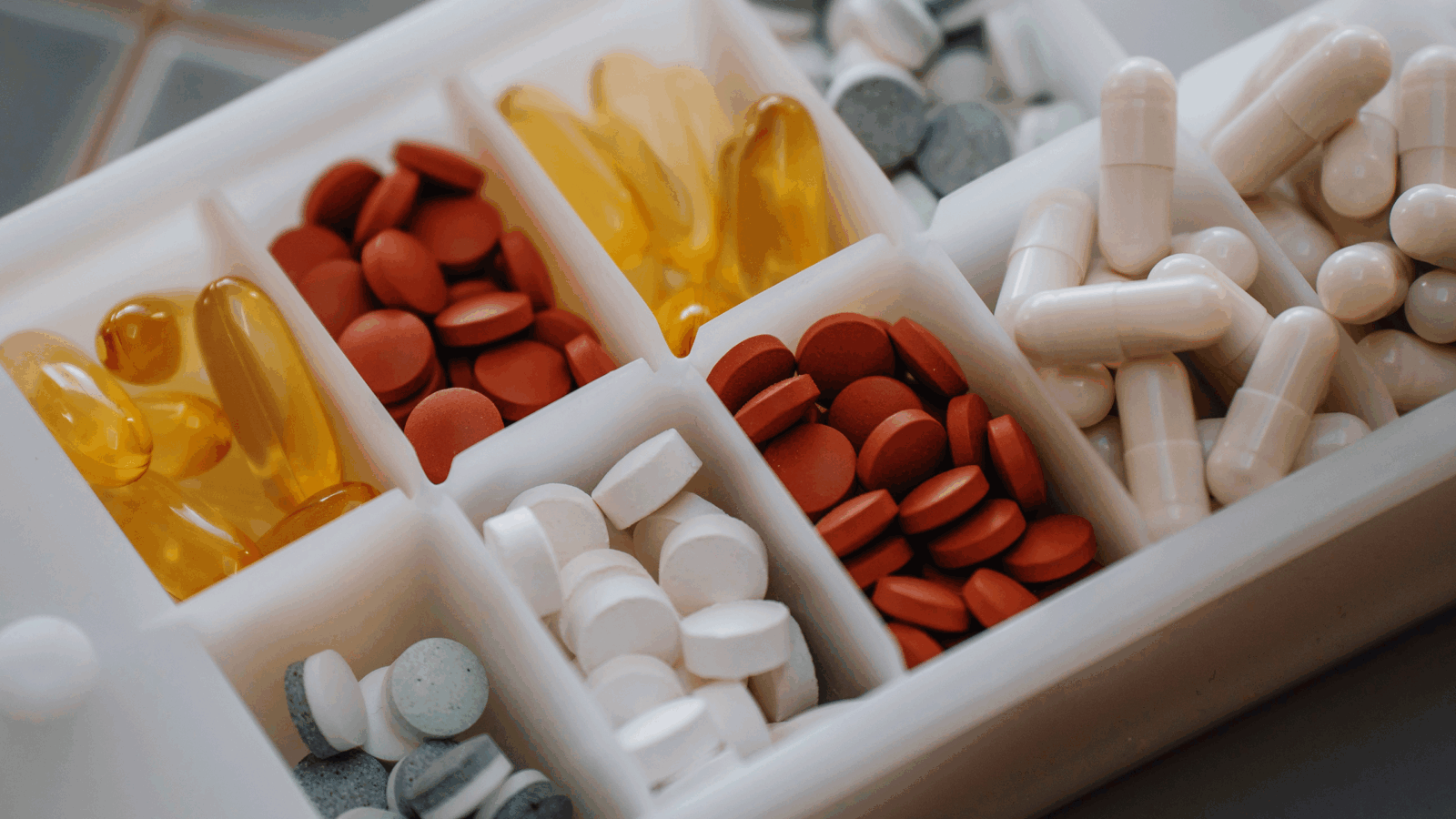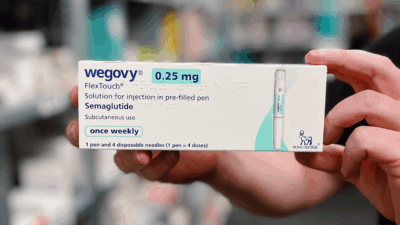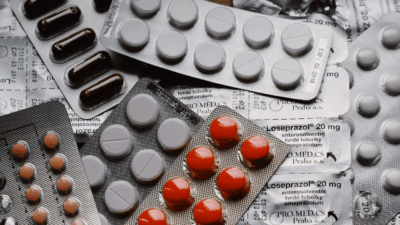Novartis Will Pay Up to $1.1 Billion for California Gene Therapy Startup
Novartis is banking on the startup’s promising treatment candidates for neuromuscular diseases, many of which are genetic in nature.
Sign up for smart news, insights, and analysis on the biggest financial stories of the day.
If at first others don’t succeed, make money by figuring out where they came up short.
After two competitors hit major setbacks with muscular dystrophy treatments, Swiss pharma giant Novartis announced Thursday its purchase of Kate Therapeutics, a San Diego-based gene therapy startup focused on the same group of diseases. If all goes well, it will fork over $1.1 billion, including cash paid when the deal was completed and subsequent milestone payments.
“Learn From Failures”
Kate’s pipeline includes drug candidates for Duchenne muscular dystrophy (DMD), facioscapulohumeral dystrophy (FSHD), and myotonic dystrophy type 1 (DM1).
Novartis is banking on the California startup’s promising treatment candidates for neuromuscular diseases, many of which are genetic in nature. It also comes on the heels of two competitors whiffing in the same sector:
- Pfizer laid off 150 workers and took a $230 million financial hit after its DMD gene therapy failed a phase three trial in June. Fulcrum Therapeutics shares cratered in September—and still haven’t recovered—after its FSHD treatment flunked a phase three trial a mere four months after Sanofi paid $80 million for partial rights, not to mention offering up to $975 million in milestone payments.
- Novartis CEO Vasant Narasimhan said at an investor conference Thursday that his company is “thinking about how we can learn from the experiences of the first wave of companies that have had failures and perhaps some success with targeting these diseases.” Novartis projects a potential $55 billion market for its cell and gene therapies by 2030.
No Patent, No Problem: Novartis raised its sales guidance Thursday and said it’s aiming for an equal split between the US, where it made $15 billion or 41% of revenue in the first nine months of the year, and the rest of the world. The firm now expects sales growth of 6% through 2028, up from a previous 5% projection. While its top-selling drug, the heart treatment Entresto, is set to lose US patent protection in 2025, Novartis boosted sales estimates for other drugs including breast cancer treatment Kisqali and increasingly popular cholesterol treatment Leqvio.
